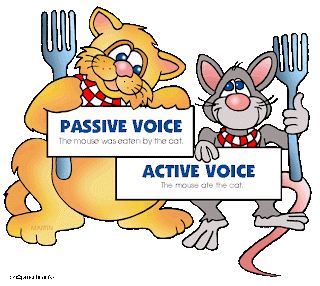A. Direct
speech
 Direct
speech refers to reproducing another person’s exact word oe saying exactly what
someone has said(sometimes called quoted speech) here what a peson says appears
within quotation marks (“….”) and should be word for word.
Direct
speech refers to reproducing another person’s exact word oe saying exactly what
someone has said(sometimes called quoted speech) here what a peson says appears
within quotation marks (“….”) and should be word for word.For example :
She said,”today’s lesson is on presentations.” Or
“Today’s lesson is on presentations,” she said.
B.Indirect speech
Indirect speech (sometimes called reported speech),doesn’t use quotation marks to enclpse what the person said and it doesn’t have to be word for word.









